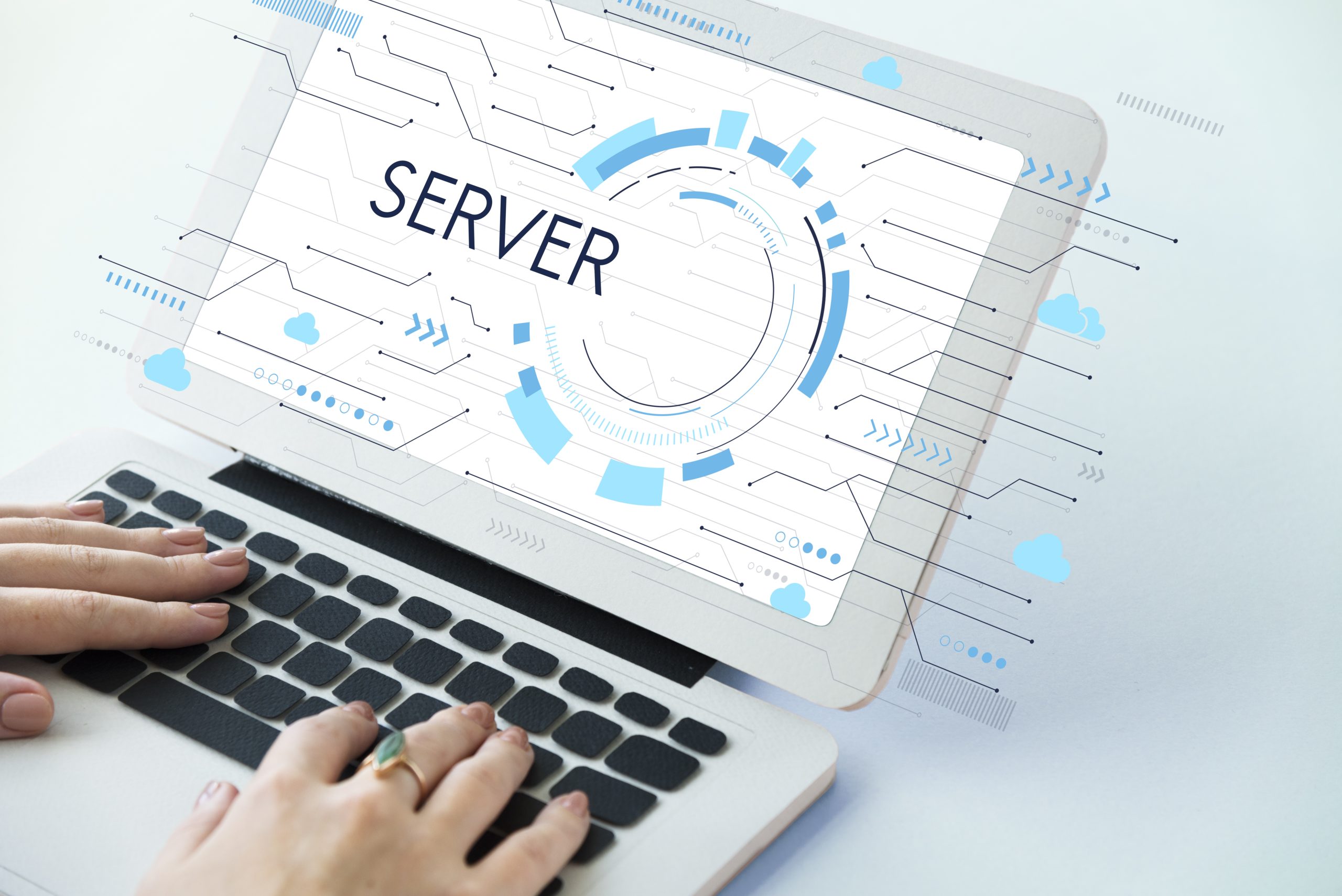Overview
Fast paced business environment, small enterprises often face the challenge of balancing their budgets while striving for efficiency and growth. One key tool that can significantly impact this balance is an ERP system. However, many small business owners believe that a comprehensive ERP system is out of reach due to high costs. The truth is, there are Affordable ERP solutions available that don’t skimp on essential features. In this blog, we’ll explore how small businesses can discover cost-effective ERP systems that offer robust functionality, helping you streamline operations and boost productivity without breaking the bank. Let’s dive into how to find the perfect ERP system that meets your needs and budget.
Understanding the Importance of ERP for Small Businesses
For small businesses, managing operations efficiently is crucial to sustaining growth and staying competitive. ERP systems play a vital role in achieving this by integrating various business processes into a unified system. This integration allows for real-time data sharing, streamlined operations, and improved decision-making.
Here’s why ERP systems are particularly important for small businesses:
- Centralized Data Management: ERP systems consolidate data from different departments, such as finance, inventory, and human resources, into a single platform. This centralization reduces data silos, ensures consistency, and enhances accessibility, which is essential for making informed decisions.
- Improved Efficiency: By automating routine tasks and processes, ERP systems help small businesses reduce manual errors and operational inefficiencies. This automation can lead to significant time savings and allow employees to focus on more strategic activities.
- Enhanced Financial Management: With features like real-time financial reporting, budgeting, and forecasting, ERP systems provide small businesses with better control over their finances. This helps in tracking expenses, managing cash flow, and ensuring compliance with regulatory requirements.
- Scalability: As small businesses grow, their operational needs evolve. ERP systems are designed to scale with your business, offering modules and features that can be added or adjusted as your requirements change.
- Better Customer Service: ERP systems often include CRM capabilities, which enable small businesses to track customer interactions, manage sales processes, and improve service delivery. This leads to enhanced customer satisfaction and loyalty.
- Data-Driven Insights: ERP systems provide valuable insights through advanced analytics and reporting tools. These insights help small businesses identify trends, make strategic decisions, and stay ahead of the competition.
Why small businesses need ERP systems
Small businesses often face unique challenges due to limited resources, tight budgets, and the need to streamline operations effectively. An ERP system can be a game-changer by integrating various business processes into a single, unified platform. This integration facilitates real-time access to critical data across different departments, enhancing decision-making and operational efficiency. For instance, an ERP system can automate repetitive tasks, reduce manual errors, and provide comprehensive insights into financials, inventory, and customer relationships. By centralizing data and processes, small businesses can improve their productivity, ensure compliance, and adapt more swiftly to market changes. Moreover, modern ERP systems are designed to be scalable, allowing small businesses to grow and evolve without the need for a complete system overhaul. In essence, ERP systems empower small businesses to optimize their operations, gain a competitive edge, and focus more on strategic growth rather than day-to-day management issues.
Key Features to Look for in Affordable ERP Systems
When selecting an ERP system, it’s important to ensure it includes essential features that support your business processes. Here are some key features to consider:
Financial Management
A comprehensive financial management module is crucial for managing accounts, budgets, and cash flows. Look for features such as general ledger, accounts payable and receivable, budgeting, and financial reporting. These tools help businesses maintain financial health and comply with regulatory requirements.
Inventory Management
Effective inventory management is essential for businesses that deal with physical products. An ERP system should offer tools for tracking inventory levels, orders, sales, and deliveries. Features such as real-time inventory tracking, automated reordering, and inventory forecasting help businesses minimize stock outs and overstock situations.
Customer Relationship Management (CRM)
CRM features are vital for managing customer interactions, sales, and marketing activities. An integrated CRM module provides a 360-degree view of customer data, helping businesses nurture leads, close sales, and deliver personalized customer experiences. Look for features such as contact management, sales pipeline tracking, and marketing automation.
Human Resources Management
An ERP Software System with robust HR management features helps businesses manage employee data, payroll, recruitment, and performance. Tools such as employee self-service portals, time and attendance tracking, and performance appraisal systems streamline HR processes and improve employee satisfaction.
Reporting and Analytics
Data-driven decision-making is essential for business success. An ERP system with advanced reporting and analytics capabilities enables businesses to generate detailed reports and perform data analysis. Look for features such as customizable dashboards, real-time reporting, and predictive analytics to gain insights into business performance and identify opportunities for improvement.
Conclusion
Intelinovex provideAffordable ERP systems for small businesses with significant advantages without compromising on essential features. By focusing on scalability, ease of use, integration, and customization, and support, small businesses can find a cost-effective ERP solution that meets their needs and supports their growth. Investing in the right ERP system is a step toward achieving greater efficiency and success in today’s competitive market.





